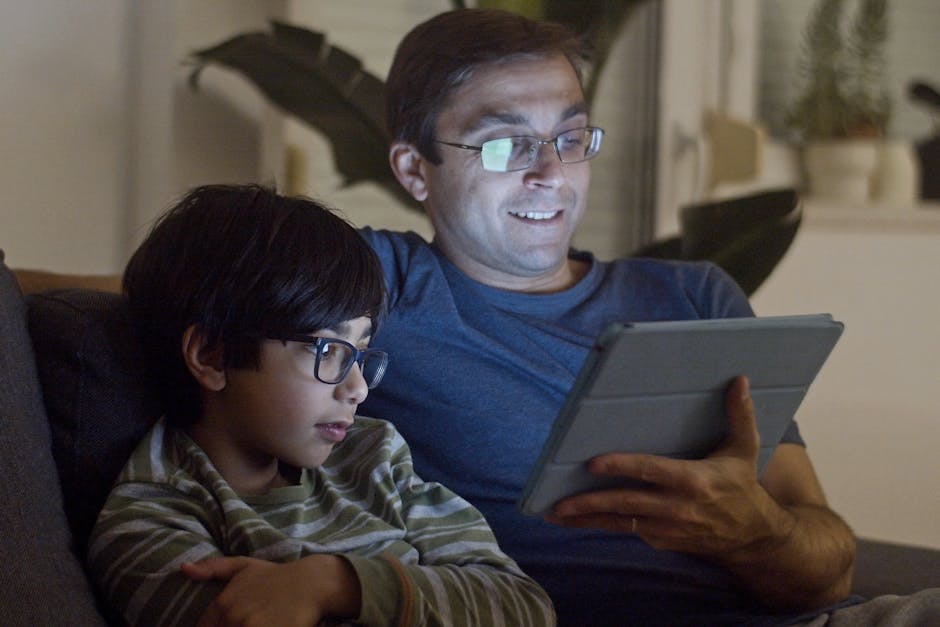A Late-Night Call That Sparked a Wake-Up Call
In a touching and thought-provoking incident, Haryana’s Director General of Police (DGP), Shatrujeet Kapur, recently highlighted the critical importance of mindful screen time for children. The revelation came after a late-night phone call with a young child, which left the top cop reflecting on the growing reliance of kids on digital devices and its impact on their overall development.
The Unexpected Conversation
The incident unfolded when Kapur received an unexpected call late at night. On the other end of the line was a child, barely 10 years old, who had accidentally dialed his number. Instead of dismissing the call, Kapur engaged in a brief conversation with the child, who revealed he was awake playing games on his mobile phone. This interaction deeply resonated with the DGP, prompting him to address the issue publicly and urge parents to take a more proactive role in managing their children’s screen time.
A Message That Resonated
In a heartfelt post on social media, Kapur emphasized the need for balance in children’s lives. “Let kids grow with books, outdoor activities, and meaningful conversations, not just screens,” he wrote. His message struck a chord with thousands of parents, educators, and child development experts who have long been concerned about the rising trend of excessive screen time among children.
The Science Behind Screen Time
Kapur’s concerns are supported by research. Studies have shown that prolonged screen exposure can lead to sleep disturbances, reduced physical activity, and impaired social skills. The World Health Organization (WHO) recommends that children aged 2 to 5 years should have no more than one hour of screen time per day, while older children should have consistent limits to ensure a healthy lifestyle.
A Timely Call to Action
The DGP’s message is particularly relevant in today’s digital age, where smartphones, tablets, and laptops have become an integral part of daily life. The COVID-19 pandemic further intensified the issue, as online classes and virtual interactions became the norm. However, as life returns to normalcy, there is an urgent need to reassess the role of technology in children’s lives.
The Role of Parents
Kapur also stressed the importance of parental involvement. “Parents must lead by example,” he said. “If we are glued to our phones all day, how can we expect our children to do otherwise?” He encouraged families to set aside dedicated “screen-free” time for activities like reading, playing sports, or simply engaging in conversations.
A Collective Effort
Kapur’s initiative has sparked a broader conversation about the need for collective efforts to address this issue. Schools, communities, and policymakers are being called upon to play their part in creating an environment that fosters holistic development for children. For instance, schools can incorporate more outdoor activities and creative pursuits into their curriculum, while communities can organize events that encourage physical and social interaction.
A Reminder for the Future
The Haryana DGP’s late-night call with a child may have been a chance encounter, but its implications are profound. It serves as a reminder that while technology is an invaluable tool, it should not come at the cost of a child’s overall well-being. As Kapur aptly put it, “Childhood is a precious time. Let’s ensure it is filled with experiences that nurture their minds, bodies, and souls, not just their thumbs.”
In a world dominated by screens, Kapur’s message is a timely wake-up call. It’s a reminder to pause, reflect, and take meaningful steps to ensure that our children grow up balanced, healthy, and connected to the world around them.




